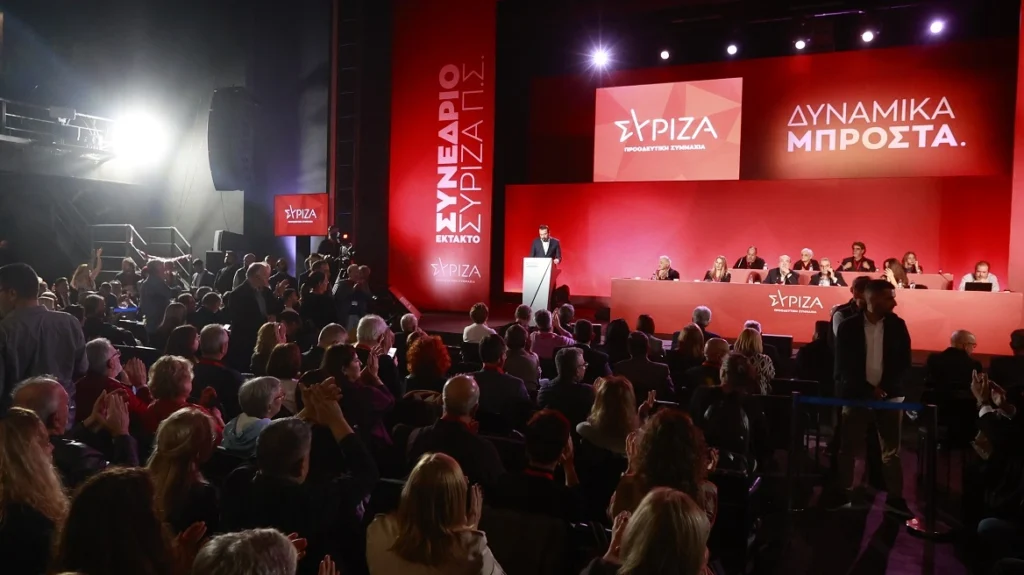SYRIZA Mass Resignation Sparks Political Crisis: Understanding the Internal Conflicts of 2025
SYRIZA Progressive Alliance News: Key Leaders Criticize Current and Former Leadership
As the 5th Conference of the SYRIZA Progressive Alliance begins, it has already ignited a significant political crisis among SYRIZA leaders. This event sets the stage for a crucial battle between the party’s President, Sokratis Famellos, and the influential duo of Pavlos Polakis and Nikos Pappas. Al Jazeera provides further insights into how this crisis impacts Greek politics.
In this charged atmosphere, the SYRIZA mass resignation of Zoe Karkoulia was soon followed by a collective resignation from several key members linked to the Progressive Alliance. In their resignation letter, Georgia Soultati, Tania Karagianni, Kostas Maniatis, and Nikos Mademlis expressed their dissatisfaction. They highlighted “extreme ideological obsessions, organizational inconsistencies, unclear ideological direction, anti-movement attitudes on class issues, and a party mechanism suspicious or even hostile to any sincere voice of criticism and renewal.” This criticism was aimed at both current and former SYRIZA leadership, reflecting deep internal conflicts within the party.
Unpacking the Letter: Ideological Issues and Leadership Criticism
Most importantly, the letter addressed to President Sokratis Famellos and Secretary Rania Svigkou, dated June 11, 2025, outlines the reasons for the mass resignation. The members articulated their disillusionment with the party’s abandonment of its initiative to forge a new progressive political and social majority. They argued that SYRIZA’s call to progressive forces post-2019 was merely opportunistic, lacking any genuine political or programmatic foundation.
Therefore, their resignation is not just a critique of leadership but a broader indictment of the party’s ideological trajectory. The letter underscores a belief that SYRIZA is attempting to revert to its initial roots, neglecting the strategy to become a core part of a broader progressive coalition. The Guardian offers additional insights into the party’s internal struggles and the reactions from various political commentators.
The Broader Context: Challenges Facing Left-Wing Parties
Besides that, the resignation letter reflects broader challenges faced by left-wing parties across Europe. The former members of SYRIZA highlighted the need for a party that could address the pressing issues of sustainable development, wealth redistribution, and fair crisis management. However, they found themselves facing ideological rigidity and organizational inconsistency. For a deeper understanding, European Left provides an analysis of these challenges, offering context to SYRIZA’s current ideological issues.
In conclusion, the SYRIZA mass resignation of 2025 marks a significant moment in Greek politics, reflecting profound internal conflicts and leadership ideological issues. As these events unfold, the future of SYRIZA and its role in the broader political landscape remains uncertain. The departing members remain committed to fighting for a just, free, and democratic society, hoping to reunite with like-minded comrades in their quest for political reconstruction.




